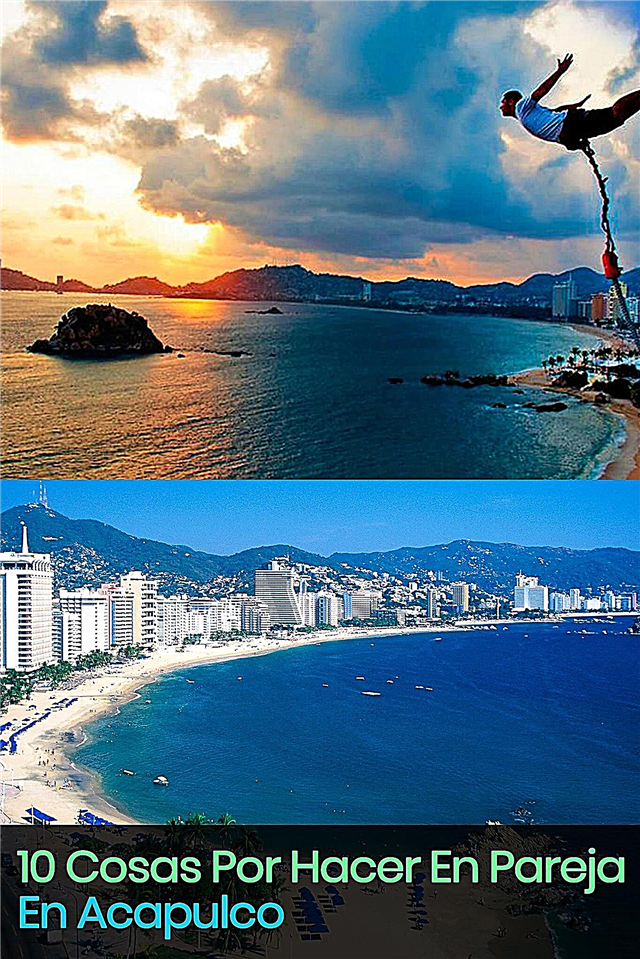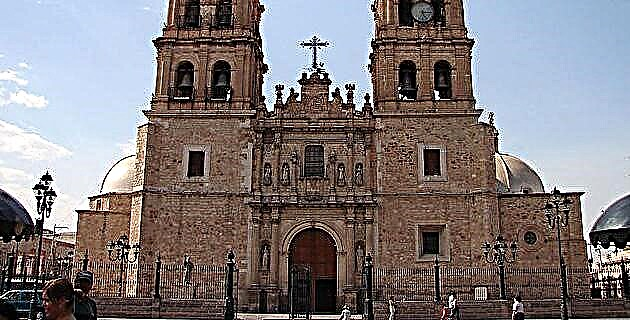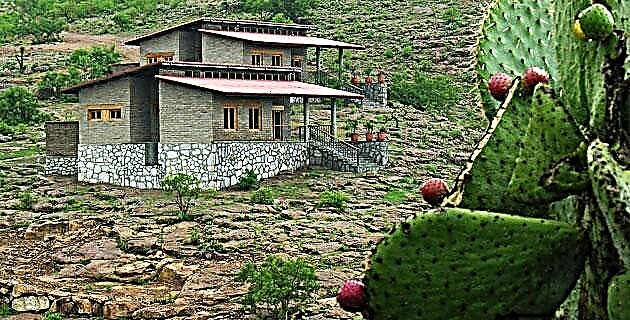
Ecotourism is a non-massive alternative activity that opens up new possibilities to know places and carry out different activities.
It includes various actions that are carried out out of the ordinary, since it cannot be considered the same as traditional tourism, since the real concept that involves the activity is that of “conscious tourism” where respect for the natural environment, flora, fauna prevails. and the local inhabitants. Thus, the objective of ecological tourism is to know and enjoy nature, through activities that provide well-being and health, while protecting the environment.
MEXICO AND ITS LARGE TERRITORY
With almost two million km2, our country is one of the 10 most biodiverse on the planet, which places it in a privileged site for ecotourism, because in addition to the native species it also has those that migrate annually, such as Monarch butterflies, turtles marine, gray whales, ducks, pelicans, eagles and songbirds. Likewise, it offers excellent facilities to carry out actions and enjoy ecosystems as varied as forests, jungles, deserts, mountains, coasts, beaches, reefs, islands, rivers and lakes, lagoons, waterfalls, archaeological zones, caverns and many more environments.
Today we know that ecotourism facilitates the sustainable use of natural resources and assumes the responsibility of conserving the natural world, where man can be in contact with the environment: an ideal option to explore every corner of the country. This way of traveling allows you to admire majestic mountainous or desert landscapes, listen to the sound of the wind, the flow of water and the singing of strange birds. Most of the European nations and countries as close as Costa Rica have success with ecotourism that evolves annually by 20% around the world. This places Mexico among the best destinations due to its biodiversity.
THE ADVENTURE TO DISCOVER
Biodiversity favors the visit to fascinating sites throughout the republic, where it is possible to walk on trails or steep peaks, admire hills or ravines, swim in blue seas, and know or feel the emotion in isolated places. There are countless outdoor activities, such as hiking, mountaineering, bird watching, rafting or rafting, diving and snorkeling, swimming, surfing, sailing, kayaking, cycling, paragliding, flying in ballooning, climbing and basic caving, horseback riding and in general various actions or just admiring nature.
This activity brings together small groups and is a productive option for inhabitants of isolated or little-known places. Likewise, it helps to avoid actions such as cutting down forests or jungles for unprofitable temporary agriculture. These communities can live off the environment developing alternative tourism. Mexico is a large country, with areas free of settlers, so its flora and fauna are still intact; In many regions, peasants develop ecological conservation projects and today they are guides, row cayucos or boats, open gaps to observe birds, manage rustic cabins, protect wildlife and are custodians of their archaeological treasures.
IN POSS OF NATURE
For several years in our country, ecotourism has been integrated as an alternative offer for new travelers who require different accommodation, recreation and entertainment. More than half of the states in the country promote various products that are currently in great demand; Some of these stand out, such as Veracruz, with places to visit rivers and rainforests near Xalapa or tours along Lake Catemaco; In Oaxaca there is trekking in common towns of the Sierra Norte or boat tours through Chacahua; In San Luis Potosí it is possible to get on an off-road vehicle and get to know Real de Catorce or admire thousands of swallows in their basements.











